Fact or Fiction? 6 Things You Thought You Knew About Eating Farmed Fish
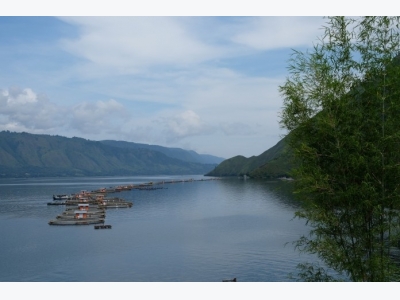
We all know someone who doesn’t eat seafood because they’ve heard some horror story from a friend of a friend. The thing is, there are many misconceptions about the seafood industry, especially when it comes to farmed fish. We’ve decided to look into some of the common stories on the topic to give you some clarification on what’s true and what’s just plain myth.
Fiction: Farmed Fish are Unclean
There’s a growing dependence on fish farming due to the large demand for certain seafoods. To fill this demand, some companies put profit before care, but that isn’t the case for most. Companies like Regal Springs are dedicated to sustainable and ethical fish farming practices. This ensures that the fish they're selling is healthy and clean. As long as you pay attention to the company supplying the fish you’re purchasing, you won’t be consuming unhealthy products.

Fact: Farmed Fish Have Less Omega-3s
An article by Time found that the Omega-3 levels in farmed salmon have been declining over the years, largely due to changes in the diet of the fish. A salmon's diet must be carefully monitored and include forage fish like anchovies, sardines or menhaden to ensure the salmon produces Omega-3s. That said, certain farmed fish, like Tilapia from Mexico, Honduras and Indonesia contain just as many Omega-3s as popular wild seafood, including Mahi-Mahi and Yellowfin Tuna, so always read the nutritional facts and shop responsibly.

Fiction: Fish Farming is Unnecessary
There is a large, growing demand for seafood that our current supply of wild seafood won’t be able to satisfy. Roughly 50% of the seafood currently consumed by humans is a product of aquaculture or fish farming. This means that without it, fish prices would skyrocket and many of us wouldn’t be able to enjoy a delicious seafood meal because it wouldn't be readily available.

Fact: Do Your Research
Different countries have different standards for fish farming, so it’s fair to be concerned about the conditions certain companies raise their fish in. There are companies, such as Regal Springs, who go beyond the minimum requirements to ensure that the fish are raised in a sustainable manner, but this may not be the case for all. If you’re not sure about the company that farmed or fished the seafood you're shopping for, do you research and find out which product is the best for you and your family.
Fiction: Frozen Fish are Less Nutritious than Fresh Fish
This is probably one of the biggest myths with it comes to seafood. Freezing seafood has no effect on its nutritional value. It’s actually a great way to store fish if you don’t plan on using it right away. While you may prefer fresh fish when you're planning to prepare it in your favorite way, there’s a good chance that you won’t be able to tell the difference between fresh and frozen—and neither will your body.

Fact: Fish Can Be a Lean Source of Protein
Finding lean sources of protein can be difficult, but eating fish is a great way to get a healthy amount of protein without too many calories. Tilapia, for example, is incredibly low in calories and high in protein making it perfect for a hearty meal. Not only is fish lean, but it's the best source of protein because it contains healthy fats. These fats improve your insulin sensitivity, leading to less fat sticking around in your body.
Don’t let a few misguided individuals deter you from including farmed fish in your diet. As long as you consider the nutritional value, make sure the fish is sourced sustainably and that the company producing or catching the fish is responsible, you can be sure that you’re getting the healthiest, cleanest seafood possible.
Feature Image: Regal Springs Tilapia
Related news
Tools

Phối trộn thức ăn chăn nuôi

Pha dung dịch thủy canh

Định mức cho tôm ăn

Phối trộn phân bón NPK

Xác định tỷ lệ tôm sống

Chuyển đổi đơn vị phân bón

Xác định công suất sục khí

Chuyển đổi đơn vị tôm

Tính diện tích nhà kính

Tính thể tích ao

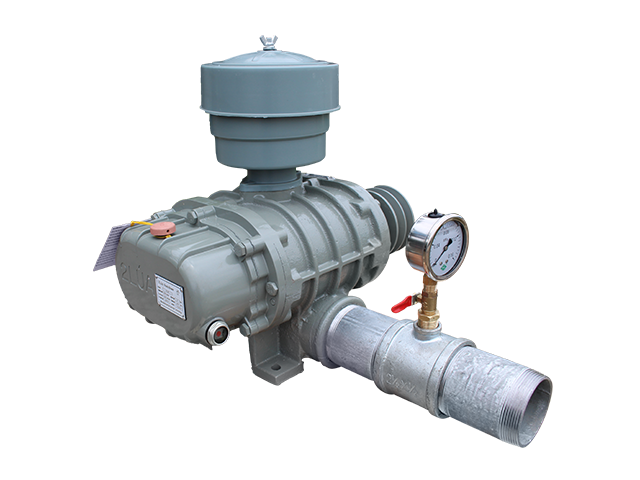

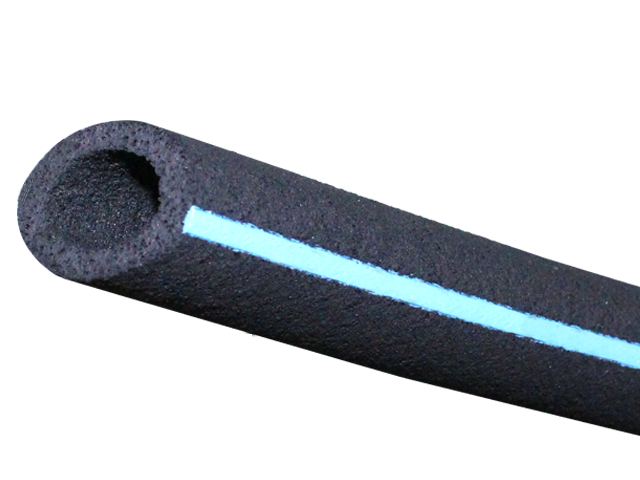
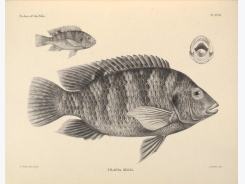
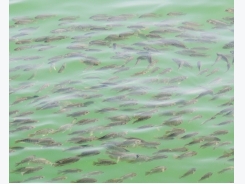
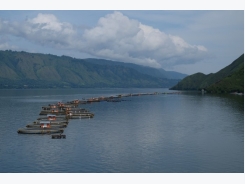
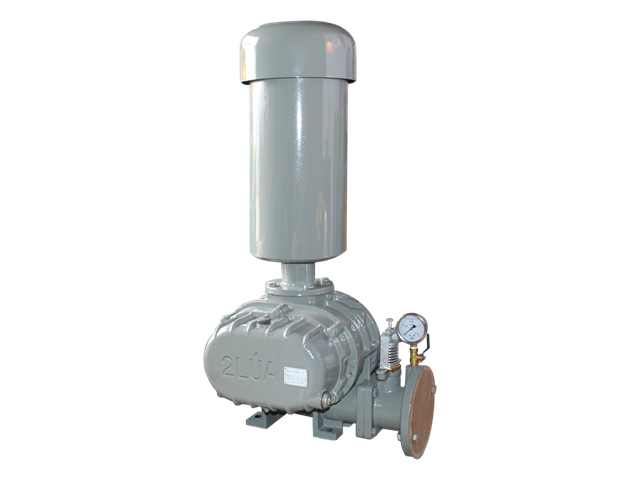
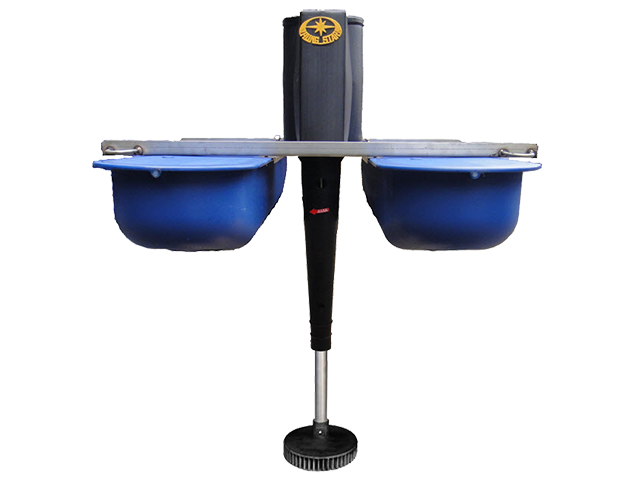
 How Tilapia is Helping Developing…
How Tilapia is Helping Developing…  Key Facts to Know About…
Key Facts to Know About…